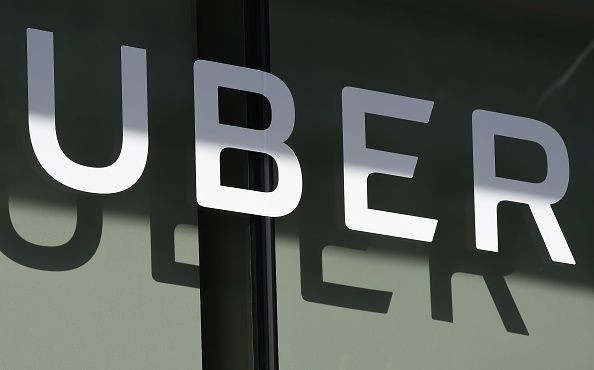Uber Stock Drops 11% On Second Trading Day, CEO Sends Memo On Performance

Uber Technologies Ltd. “did a Lyft” Monday, with its shares plummeting by an additional 10.7 percent after seeing its Wall Street debut on May 10 end in disappointment by closing 7.6 percent lower.
The disheartening result to a stock that was once expected to bring Uber to a market cap of $120 billion forced Uber CEO Dara Khosrowshahi to write an upbeat memo to employees assuring them the company’s tribulations are temporary and promising brighter days ahead.
Monday's closing price of $37.10 means Uber is worth some $62 billion, or barely half the aspirational $120 billion forecast by some analysts early on. Uber is worth around $68 billion on a fully diluted basis. This includes stock options and other assets convertible into shares.
In his memo to employees, Khosrowshahi admitted Monday was another “tough day in the market.”
He reminded employees to look back at Facebook and Amazon’s IPOs, which also had disappointing starts, before growing their massive market caps.
“Our road will be the same,” he said. “Sentiment does not change overnight, and I expect some tough public market times over the coming months. But we have all the capital we need to demonstrate a path to improved margins and profits.”
Analysts, however, expect Uber’s bloodletting to continue this week as tech stock were hit hard by the steep 617 point plunge in the Dow Jones Industrial Average Monday after China announced retaliatory 25 percent tariffs on American goods. Both the S&P 500 and the NASDAQ joined in the rout yesterday.
Analysts noted that both Uber and Lyft, which debuted on Wall Street in March but has since lost a third of its value, are losing investor enthusiasm on account of their inability to turn a profit while proving adept at racking-up losses.
Uber has never turned an annual profit, and is losing more than $1 billion per quarter. It justified those losses by citing its rapid ride-hailing growth, and its foray into newer and hopefully more profitable markets such as Uber Eats.
In its S-1 filing last month, Uber said it was cash flow positive in 2018. It reported a net income of $997 million in 2018, but an adjusted EBITDA loss of $1.85 billion. The non-EBITDA net income compares to its 2017 full-year loss of more than $4 billion.
Uber said its revenue has risen by more than ten-fold since 2014. It posted revenues of $11.27 million in 2017, according to the filing. A key question facing Uber now is if it wants to keep pouring funds into its unprofitable ride-hailing business or redirect the cash from its IPO into more profitable ventures such as Uber Eats food delivery startup. Some of Uber’s losses reflect the company’s effort to expand into new markets, as well as aggressive research and development spending.
Khosrowshahi did note in his memo that the IPO raised a lot of capital for the company (some $8 billion) that will be reinvested into improving margins and profits.
“We will be judged long-term on our performance, and I welcome that,” wrote Khosrowshahi. “It’s all in our hands.”
He described Uber’s current state as a period of transition, where there will be ups and downs.
© Copyright IBTimes 2024. All rights reserved.




















